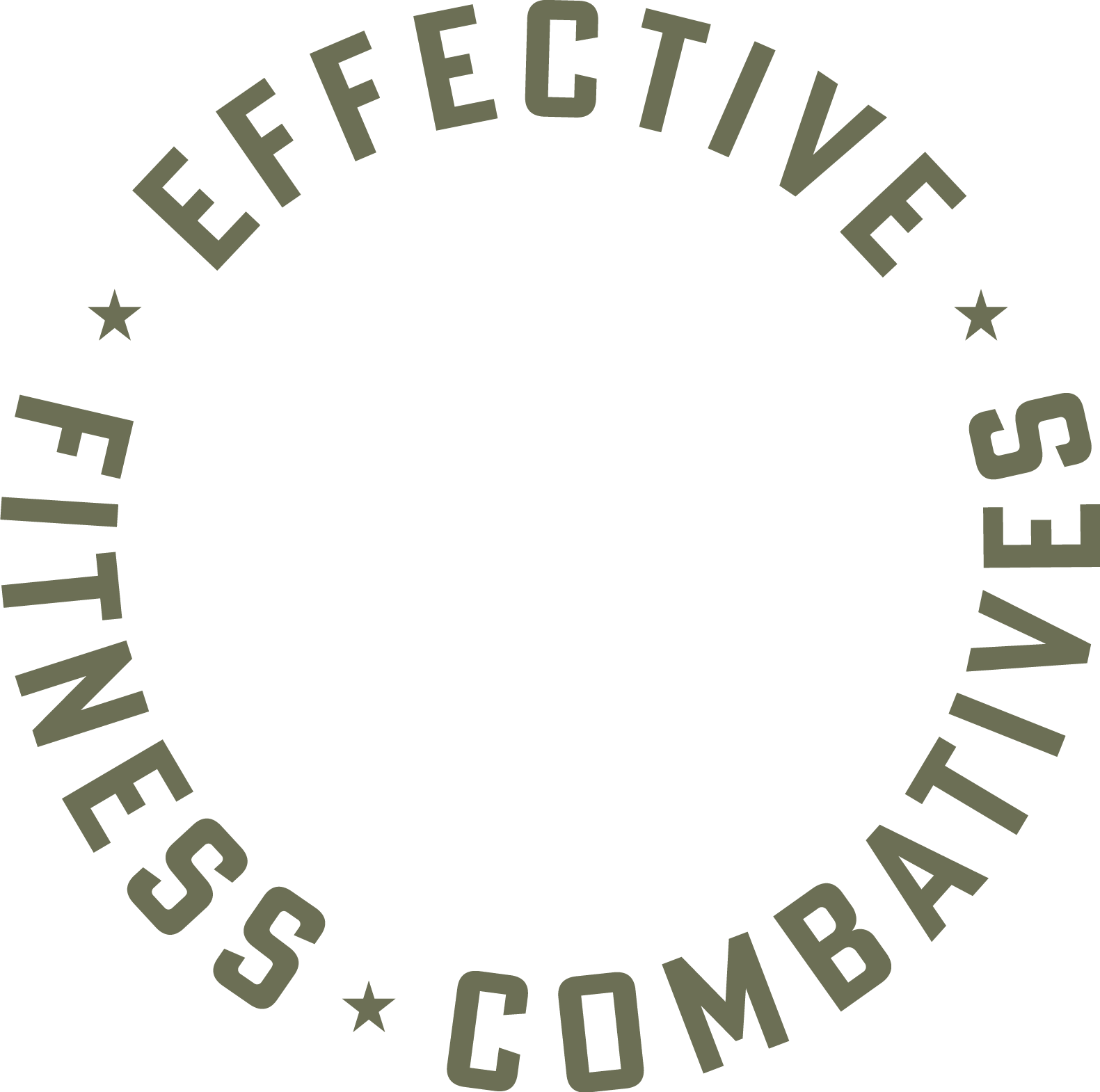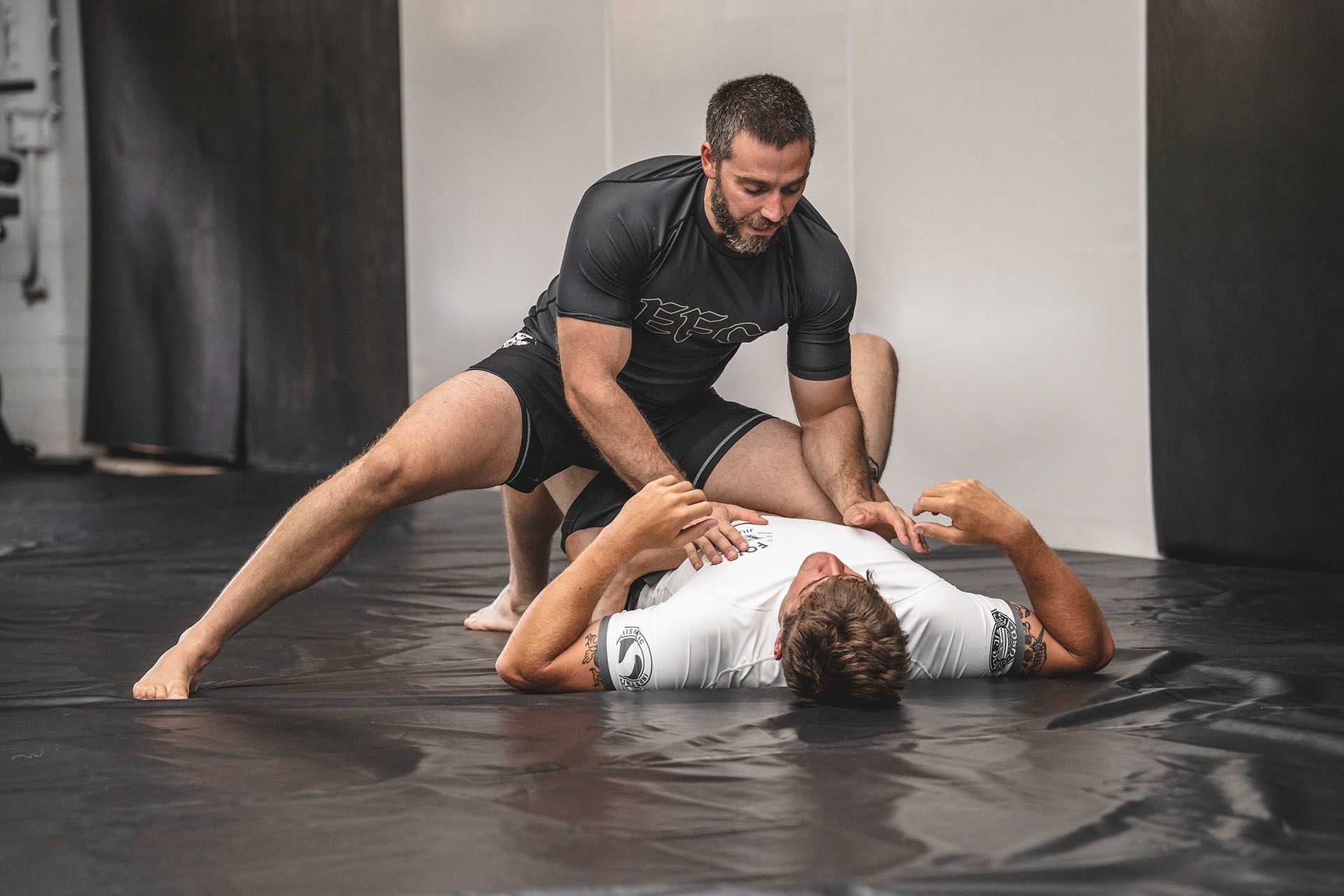In 2011, I was at a point in my career where I was no longer a rookie
but also not a veteran, which means I thought I knew everything. I was also a
newly minted SWAT cop, so I thought I was pretty tough.
As I pulled up to my noise complaint around 3 a.m. I informed dispatch that they could cancel my backup, a mistake I would soon regret. The music could be heard from the street, which was impressive, considering it was coming from the 11th story of an apartment complex. I knocked on the apartment door and as it swung open, I was immediately met with the unmistakable odor of marijuana and alcohol. The bear of a man who opened the door greeted me with a warm and friendly “What the F*** do you want?”
I began to explain as politely as I could the nuances of the municipal code for noise ordinance, however before I could get through my sentence I felt his hands wrap around my throat as he dragged me into the location.
I found myself alone and surrounded by a hostile crowd as I struggled for what seemed like an eternity. I drew back my right hand and unleashed a blow, that in my mind, was bound to unleash the might and fury of the gods on this poor guy.
I fully expected him to fly halfway across the room and land on a glass coffee table just like when Van Damme and Arnold did it in all my childhood movies. You can imagine how quickly my spirits were deflated when I deployed what I thought was the most powerful tool in my arsenal and it failed miserably to change this person’s behavior or even make him wince.
That struggle went on for what seemed like a millennium but was closer to 6 minutes. Fortunately, during the ordeal my shoulder mic keyed up and my coworkers heard my voice. The cavalry came and saved me before it got any worse.
My lungs burned, my muscles ached and I had been strangled so hard that blood vessels burst in my eyes. Beyond the physical pain, beyond how I found myself physically lacking in strength and athleticism, I knew I wasn’t ready for everything this job would throw at me.
After that day a coworker, who is now my SWAT teammate and Jiu-Jitsu coach, approached me and introduced me to the art of Brazilian Jiu-Jitsu. An endeavor that would turn out to be one of the greatest and most rewarding experiences of my life. However, improving your combatives ability is only one of the reasons your Police Department needs Jiu-Jitsu. The benefits are too numerous to list, but here are my top 3 reasons why you should start a Police grappling club today!
As I pulled up to my noise complaint around 3 a.m. I informed dispatch that they could cancel my backup, a mistake I would soon regret. The music could be heard from the street, which was impressive, considering it was coming from the 11th story of an apartment complex. I knocked on the apartment door and as it swung open, I was immediately met with the unmistakable odor of marijuana and alcohol. The bear of a man who opened the door greeted me with a warm and friendly “What the F*** do you want?”
I began to explain as politely as I could the nuances of the municipal code for noise ordinance, however before I could get through my sentence I felt his hands wrap around my throat as he dragged me into the location.
I found myself alone and surrounded by a hostile crowd as I struggled for what seemed like an eternity. I drew back my right hand and unleashed a blow, that in my mind, was bound to unleash the might and fury of the gods on this poor guy.
I fully expected him to fly halfway across the room and land on a glass coffee table just like when Van Damme and Arnold did it in all my childhood movies. You can imagine how quickly my spirits were deflated when I deployed what I thought was the most powerful tool in my arsenal and it failed miserably to change this person’s behavior or even make him wince.
That struggle went on for what seemed like a millennium but was closer to 6 minutes. Fortunately, during the ordeal my shoulder mic keyed up and my coworkers heard my voice. The cavalry came and saved me before it got any worse.
My lungs burned, my muscles ached and I had been strangled so hard that blood vessels burst in my eyes. Beyond the physical pain, beyond how I found myself physically lacking in strength and athleticism, I knew I wasn’t ready for everything this job would throw at me.
After that day a coworker, who is now my SWAT teammate and Jiu-Jitsu coach, approached me and introduced me to the art of Brazilian Jiu-Jitsu. An endeavor that would turn out to be one of the greatest and most rewarding experiences of my life. However, improving your combatives ability is only one of the reasons your Police Department needs Jiu-Jitsu. The benefits are too numerous to list, but here are my top 3 reasons why you should start a Police grappling club today!
Reason 1: Big Brother
Advancements in technology have made cameras omnipresent, recording
every move and action. Traditional pain compliance techniques relied upon in
the past, are not camera-friendly and pose risks to both officers and subjects.
Since 2017, police departments in New York State, under the guidance of EFC Director of Combatives Jay Wadsworth, have made great strides in innovating a new defensive tactics program, one that relies on positional control of a subject, not pain compliance. However, after the police academy, most officers will not train defensive tactics or combatives again for years, and if they do, it is typically PowerPoint training, not hands-on training.
Defensive tactics and combatives are perishable skills that need to be trained weekly to maintain any level of proficiency. Officers without weekly training are more likely to become overwhelmed during a use of force encounter and make poor decisions that can have deadly consequences.
A grappling club is an excellent way for officers to get this training while keeping costs to the department and the officer low.
Since 2017, police departments in New York State, under the guidance of EFC Director of Combatives Jay Wadsworth, have made great strides in innovating a new defensive tactics program, one that relies on positional control of a subject, not pain compliance. However, after the police academy, most officers will not train defensive tactics or combatives again for years, and if they do, it is typically PowerPoint training, not hands-on training.
Defensive tactics and combatives are perishable skills that need to be trained weekly to maintain any level of proficiency. Officers without weekly training are more likely to become overwhelmed during a use of force encounter and make poor decisions that can have deadly consequences.
A grappling club is an excellent way for officers to get this training while keeping costs to the department and the officer low.
Reason 2: Finding Zen
Increased violence, decreased staffing, protests, and anti-police
rhetoric on the news and social media have placed incredible strain on the
shoulders of law enforcement everywhere. Officers must have healthy outlets to
help them cope with stress before they fall to its crushing weight.
Regular grappling training has been shown to improve both physical, mental, and emotional health. Studies have shown that grappling training can decrease symptoms of major depressive disorder, and generalized anxiety and decrease alcohol use. In 2022, 195 officers took their own life (bluehelp.org). In my 15-year career, I have seen two officers in my own department die by suicide.
Creating a place where officers can work hard with peers, relieve stress, and find a new support group to help deal with these issues is something every department should be striving to build.
Regular grappling training has been shown to improve both physical, mental, and emotional health. Studies have shown that grappling training can decrease symptoms of major depressive disorder, and generalized anxiety and decrease alcohol use. In 2022, 195 officers took their own life (bluehelp.org). In my 15-year career, I have seen two officers in my own department die by suicide.
Creating a place where officers can work hard with peers, relieve stress, and find a new support group to help deal with these issues is something every department should be striving to build.
Reason 3: Be the change
Instead of waiting for external forces to address the challenges faced
by law enforcement, we must proactively drive cultural change within our
departments. Four hours of hands-on training per year is insufficient. We have
to re-imagine police Defensive Tactics and Combatives training and innovate new
ways to improve our performance.
You do not need a high-ranking position or a large budget to make a difference. All you need is a mat room and a few people willing to take some initiative to go the extra mile for the betterment of our brothers and sisters.
This is the first in a three-part series. Our next article will cover 3 Ways to Sell Your Administration on a Police Grappling Club!
Interested in learning more from EFC?
Check out our Single Officer Apprehension & Takedowns Course HERE!
You do not need a high-ranking position or a large budget to make a difference. All you need is a mat room and a few people willing to take some initiative to go the extra mile for the betterment of our brothers and sisters.
This is the first in a three-part series. Our next article will cover 3 Ways to Sell Your Administration on a Police Grappling Club!
Interested in learning more from EFC?
Check out our Single Officer Apprehension & Takedowns Course HERE!

